Horrible Diet Fads You Should Never Try

Many diets promise fast and easy weight loss, but health and nutrition experts say most of those fads are full of lies — they’re actually bad for your health. New diet fads pop up every year, and it’s hard to ignore them when celebrities and influencers keep promoting them. However, it’s best to avoid unrealistic diet trends.
Learn the truth about horrible diet fads you should never try and why experts say they’re nonsense — and in some cases dangerous.
The HCG Diet
The FDA identifies the human chorionic gonadotropin (HCG) diet as a reckless way to lose weight. Each day, you only eat 500 calories and take HCG using drops, lotions or other methods. Those who support the diet claim the supplement reduces hunger to help people shed pounds.
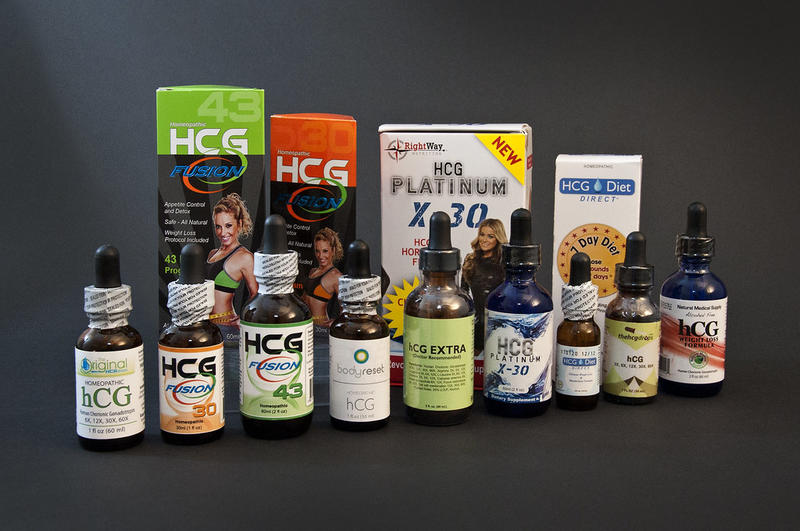
The FDA and nutritionists oppose the diet fad. “Dangerous” and “illegal” are just a couple of words the FDA uses to describe the HCG diet. With rapid muscle-mass and body-fat loss, the fad could slow down a person’s metabolism and make losing weight harder in the future.
The Werewolf Diet
Believe it or not, the werewolf diet is a real craze. It has nothing to do with turning into a hungry monster and howling at the moon. But it is based on moon cycles. During a full or new moon, you’re only allowed to drink juice for 24 hours.

Just drinking juice isn’t the only restriction. On some days, you can’t eat after 6 p.m. Sadly, that means no midnight snacks. Nutritionists say the werewolf diet is unhealthy and unrealistic for weight loss. Also, many dieters aren’t able to stick to the fad due to its unnecessary cutbacks. Deuces to the werewolf diet.
The Low-Fat Diet
Not all fat is bad for you. In fact, healthy fats such as olive oil, nuts and fatty fish are worthy additions to your meals. New research shows people on low-fat diets lose less weight than those on high-fat diets in the long term.
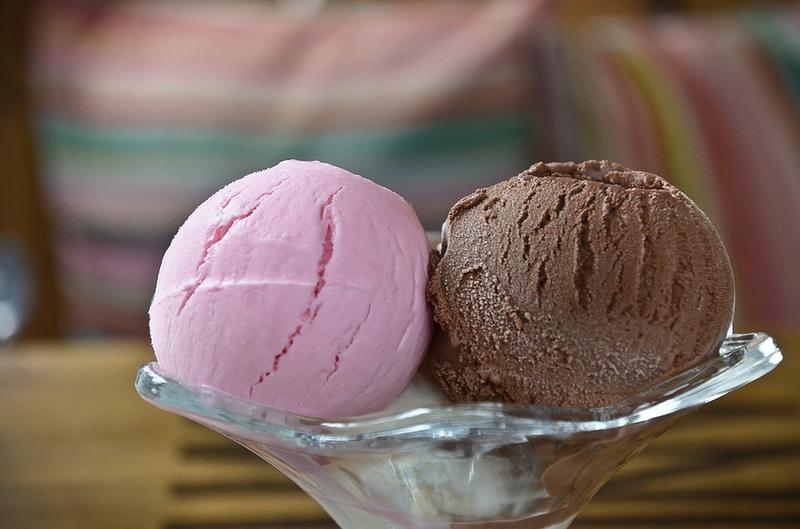
“Low-fat diets were popular in the past for heart health, but we’ve learned more about them over time. Not all fats are created equal. There are healthy fats, like what we find in avocados and olive oil, and unhealthy fats — saturated and trans fats — which we should limit,” says Kelly Plowe, MS, RD, a food and nutrition communications specialist.
The Alkaline Diet
Kelly Ripa and Tom Brady created a lot of buzz around the alkaline diet. Supporters of the diet believe foods can change the pH levels in their blood. You avoid acid-producing foods like wheat, dairy, meat, sugar and processed food but go heavy on alkaline ones like veggies, fruits, nuts and tofu.
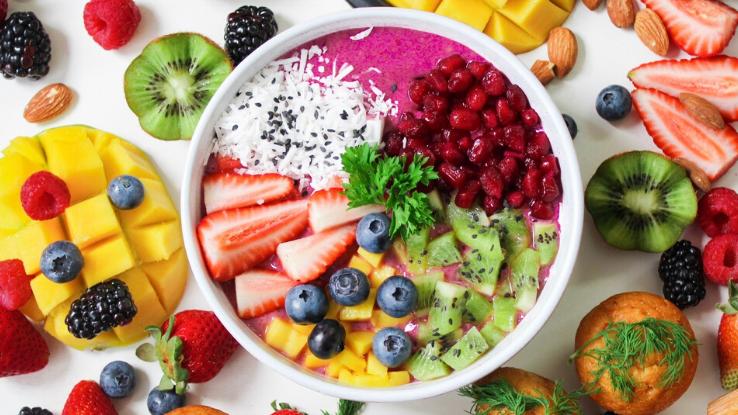
The American Institute for Cancer Research and registered dietitians say the alkaline diet claims are false. Research shows foods can’t alter your blood’s pH. Registered dietitian Julie Upton explains, “The problem is, the body tightly regulates the pH of blood on its own, and what you eat doesn’t impact those mechanisms to regulate pH.”
The Five-Bite Diet
Dr. Alwin Lewis created the Five-Bite Diet, which requires you to stop eating breakfast and only take five bites of your lunch and dinner. Lewis claims the program is a great way to shed pounds and still eat your favorite foods.
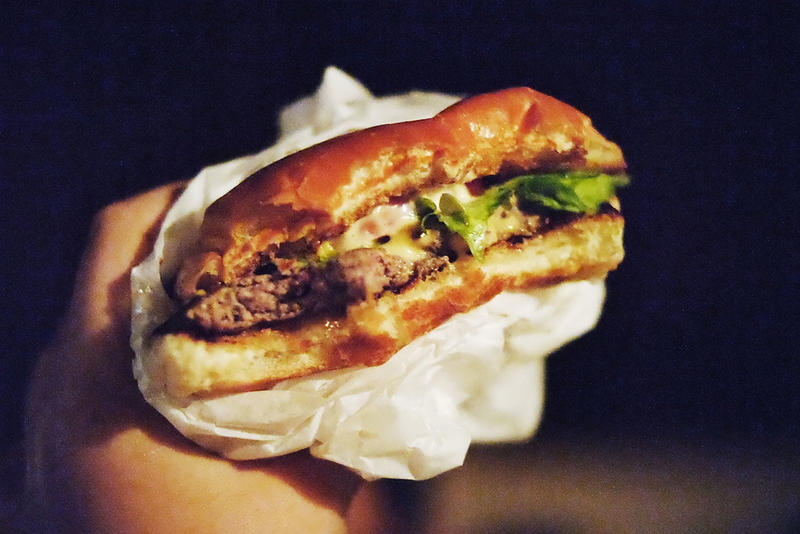
If you can consume your entire meal in five (giant) bites, you’re lucky. However, if you can’t, the diet might leave you unsatisfied. Nutritionists call the diet “unhealthy” and “extremely restrictive.” Outcomes of the Five-Bite program include a lack of energy and loss of muscle.
The Master Cleanse
Popularized by Beyoncé, the Master Cleanse, aka the lemonade diet, promotes weight loss because it involves drinking only liquids for 10 days — no solid food allowed. The liquid is a beverage made of water, lemon juice, cayenne powder and maple syrup. Experts say there’s a lot of problems with this diet.
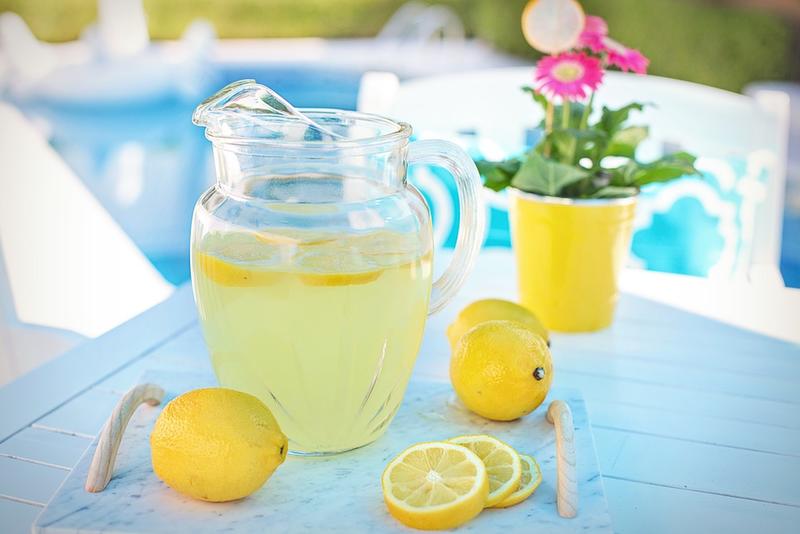
During the Master Cleanse, you’ll starve and experience cravings, irritability and fatigue. “The Master Cleanse is a gimmicky diet, and while you’ll likely lose weight, a lot of it will be water weight and you’ll lose muscle too,” Plowe explains.
The Sleeping Beauty Diet
Losing weight while getting a lot of sleep sounds like a dream. But this diet takes sleeping and weight loss to dangerous levels. The extreme fad encourages dieters to use sedatives to stay asleep for 20 hours, so they’ll spend less time eating.

You’ll shed pounds, but in a very unhealthy way. The Sleeping Beauty diet can lead to starvation, muscle deterioration and even death. “Abusing drugs to avoid food is a disordered way to look at losing weight,” says registered dietitian Amy Shapiro, founder of Real Nutrition NYC.
Zero-Sugar Diets
A no-sugar diet seems like a maintainable program. How hard can it be to cut sweets out of a diet? Many celebrities vouch for these diets to achieve “summer bods.” Sounds very tempting. However, a zero-sugar diet doesn’t just mean no cupcakes, ice cream and other sweet treats.
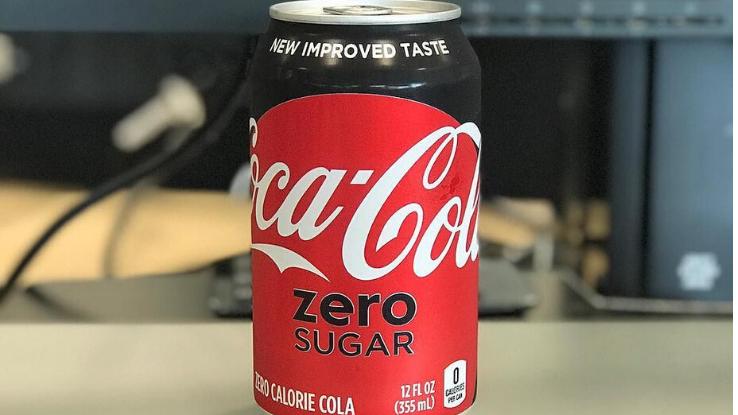
This diet requires you to stop eating natural sugar from fruits and vegetables too. That means no berries and sweet potatoes. Registered dietitians explain that eliminating fruits and vegetables is a major problem because you’ll lack beneficial nutrients, fiber and antioxidants.
The Keto Diet
Celebrities like Kourtney Kardashian and Halle Berry are big fans of the keto diet, so it’s no surprise that the fad has become very popular. The very low-carb and high-fat diet is extremely restrictive. You’ll no longer eat most of the junk foods that you usually indulge in, but you also stop eating many whole grains, fruits and vegetables.
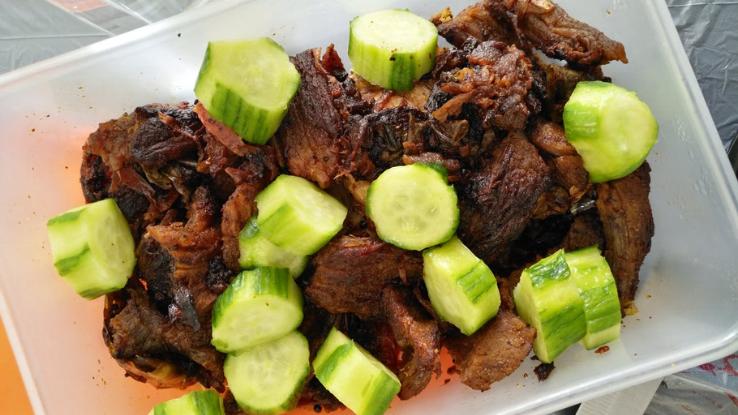
After starving the body of carbs, the body will enter the ketosis state of burning fat for fuel. In the beginning, you’ll lose weight, but it’s a challenging diet to maintain. Nutritionists state that keto dieters are more prone to constipation and weakened kidneys. Is the diet worth putting your health at risk?
Whole30
Health Magazine voted the Whole30 diet as one of the worst health trends for 2013. Although it’s popular among millennials, it still gets a “no” from dietitians. The Whole30 program doesn’t allow grains, legumes, dairy, soy, sugar, alcohol and processed foods.
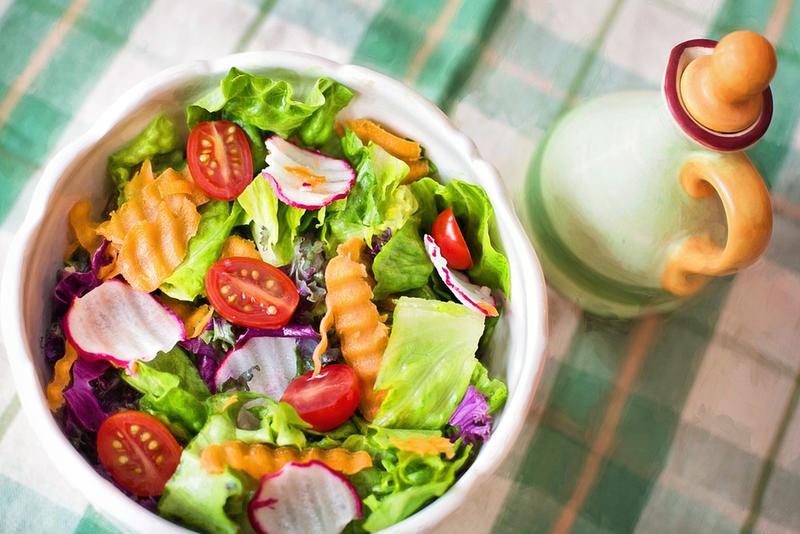
Dr. David L. Katz says, “The grouping [of banned foods] is both random, and rather bizarre from a nutrition perspective. If the idea is good nutrition, cutting out whole grains and legumes is at odds with a boatload of evidence.” Do you think the Whole30 diet is too strict?
The Blood Type Diet
The blood type diet is based on the book, “Eat Right 4 Your Type,” by Dr. Peter D’Adamo, a naturopathic physician. According to D’Adamo’s work, you must adopt a lifestyle and diet that entirely depend on your blood type.
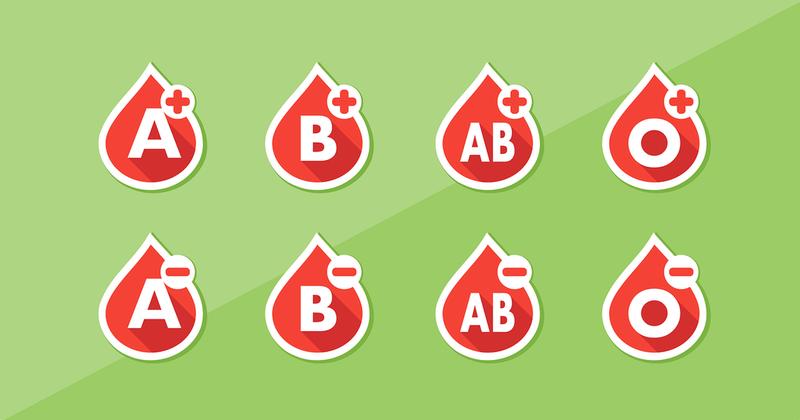
If you don’t follow the premise, you supposedly won’t shed fat or prevent diseases. Want to go hard on protein or become a vegetarian? Check your blood type first. Registered dietitians say there are no studies to prove D’Adamo’s claims are true.
Juice Cleanses
Believers say juicing improves your immune system, cleans out your body and helps with rapid weight loss. However, they don’t tell you that the diet makes you dehydrated and extremely hungry. It also removes the important bacteria in your colon. Is this diet safe?
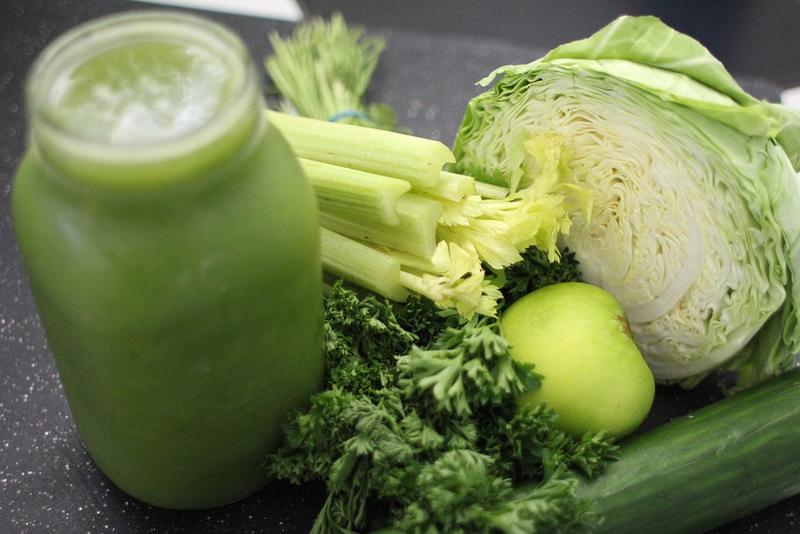
Experts say the juicing diet is dangerous. Dehydration can cause headaches, weakness and even fainting. Your colon also won’t be happy. After you remove the healthy bacteria from your colon, your gut microbiome becomes unbalanced. This is where uncomfortable digestive problems come in.
Activated Charcoal Drinks
Many folks use activated charcoal for face masks, shampoo, soap and deodorant. Others, like Kim Kardashian West and Gwyneth Paltrow, enjoy adding charcoal to their daily diets to detox. However, experts encourage you to skip putting the substance in food and drinks.
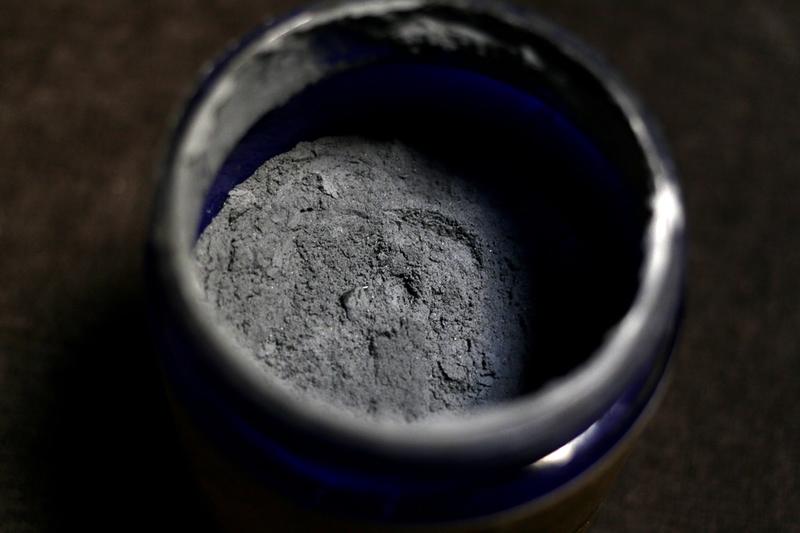
Medical professionals often use activated charcoal to treat extreme cases of alcohol poisoning and drug overdoses. “It’s not a very specific absorber of substances. It will absorb anything in your gut, good and bad. I wouldn’t use it without a medical professional’s advice,” says Linda Fan, a physician in emergency medicine.
The Apple Cider Vinegar Diet
Most people use apple cider vinegar in salads, but celebrities like Megan Fox took the vinegar as shots to shed pounds. Some research found that vinegar can improve blood sugar levels, particularly for people with type 2 diabetes. That’s great news.
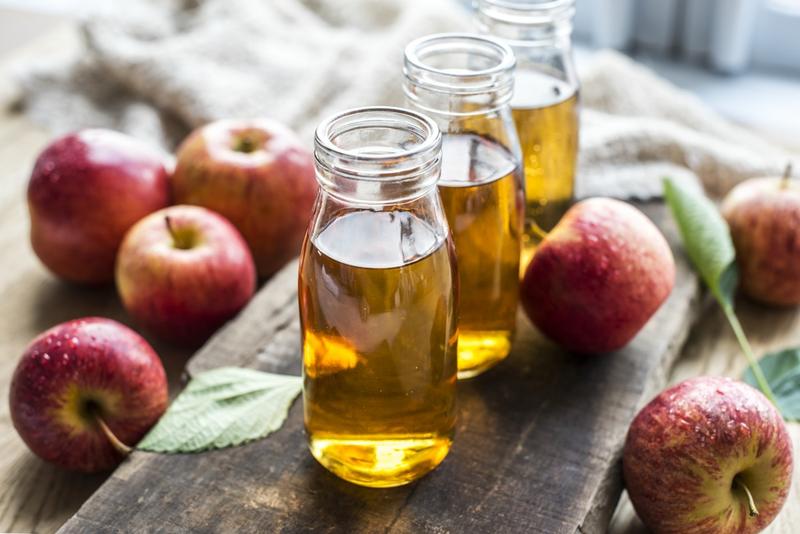
But no study supports the theory that vinegar will help people lose weight. Nutritionists advise dieters to avoid the apple cider vinegar program. Taking apple cider vinegar shots can lead to stomachaches and nausea, so it’s best to drizzle some in your meals instead.
Teatoxes
Many celebrities, including Kendall Jenner, Amber Rose and Christina Milian, swear by teatoxing, which is short for the tea detox diet. The program involves “skinny teas” with special ingredients like senna, a substance found in over-the-counter and prescription laxatives. What?
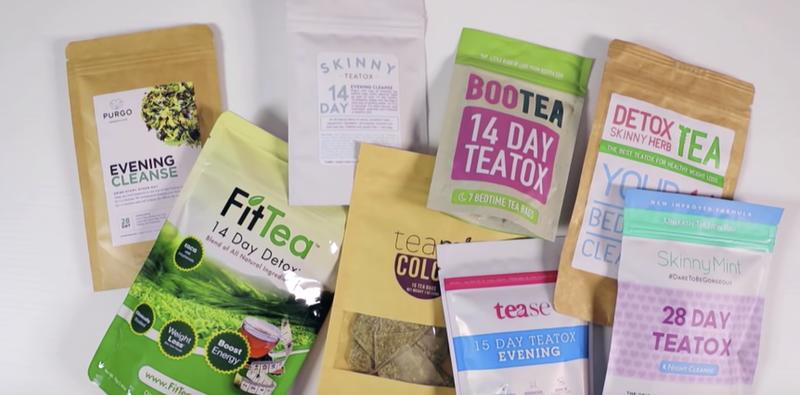
Senna helps people suffering from severe constipation or preparing for a colonoscopy. According to the National Institutes of Health, senna is safe to use for a short period but dangerous for long periods. Teatoxing can lead to many unpleasant trips to the bathroom with constant diarrhea. Sounds painful, right?
The Lectin-Free Diet
Kelly Clarkson is a big fan of the lectin-free diet, also known as The Plant Paradox. The diet’s creator is a cardiologist who believes lectins in plant proteins prevent people from losing weight. This means wheat, nuts, beans, seeds, peas, tomatoes and potatoes are the enemy.
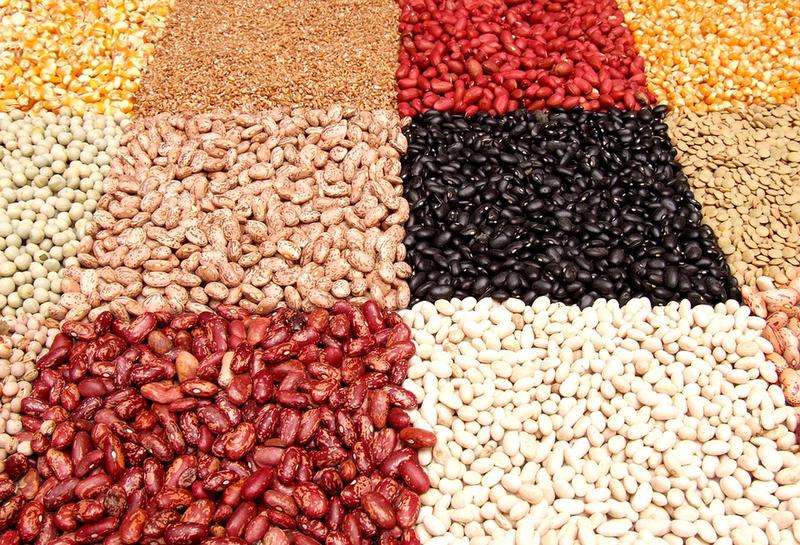
Experts in nutrition and science don’t back up the diet’s claims. Registered dietitian Cara Rosenbloom shed some light on the fad, saying, “Obviously this diet is not sustainable, and it unnecessarily cuts out a wide range of nutritious ingredients.” Basically, lectins in food aren’t bad for you, so you can keep them on your grocery list.
The Celery Juice Diet
Busy Phillipps and Lea Michele love the celery juice diet. Followers say the green juice will decrease inflammation, improve muscle recovery after a workout and help with weight loss. But experts disagree, replying it’s just a trendy detox drink with no health benefits.
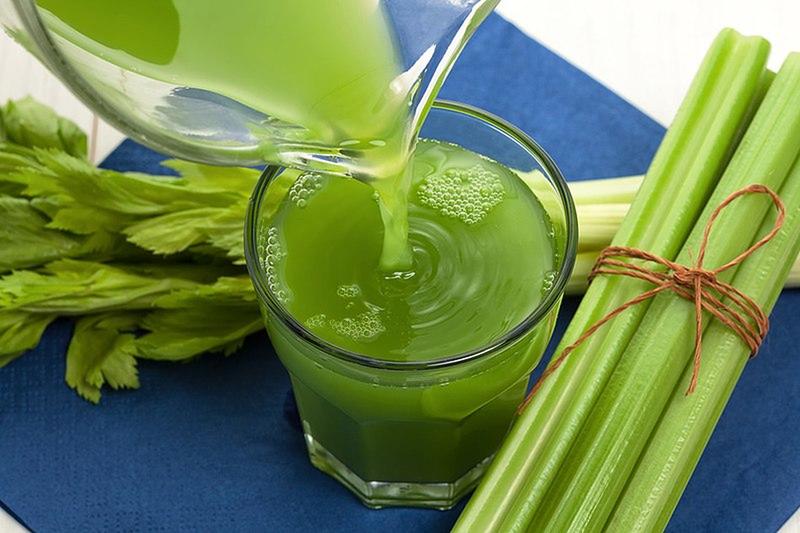
“It’s still possible to gain weight from drinking celery juice, especially because the juice form is less filling and contains more concentrated calories than the vegetable, while also lacking the satisfying component of actually chewing on real food,” says registered dietitian Jaclyn London.
The Cotton Ball Diet
Nutrition experts highly disapprove of the cotton ball diet because it’s extremely dangerous. The diet trend involves eating cotton balls soaked in juices or smoothies to reduce hunger and appetite. According to followers, the cotton balls make you more full.
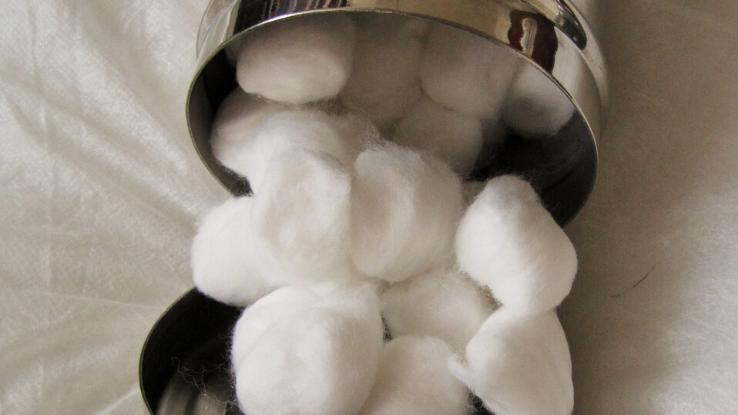
The truth is that the cotton ball diet can result in intestinal blockages, malnutrition and a buildup of toxic chemicals. Even worse, the diet can lead to death. Many cotton balls are actually bleached, synthetic fibers instead of real cotton.
The Grapefruit Diet
Science says “get real.” There isn’t any evidence to back up the claims of the grapefruit diet. “Grapefruit has no special properties when it comes to weight loss. You lose weight when you expend more calories than you take in,” says Elisabetta Politi, RD, a nutrition manager of Duke University’s Diet and Fitness Center.
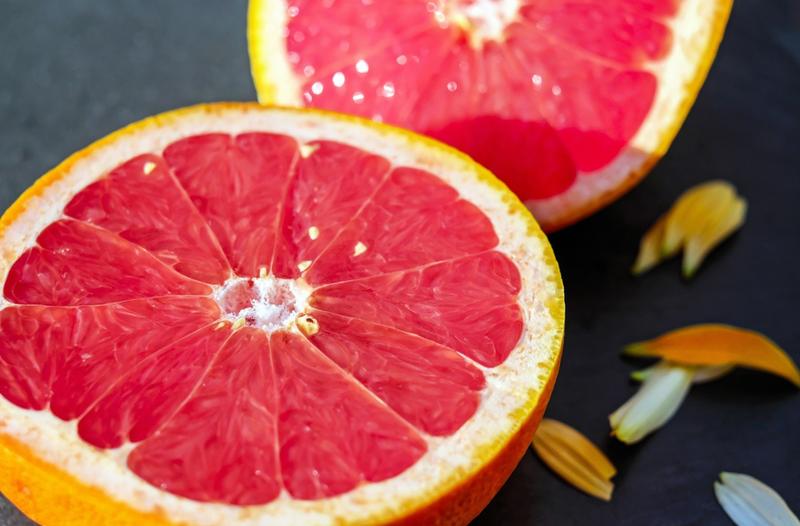
The grapefruit diet involves more than just eating grapefruit. For 12 days, you’re required to eat grapefruit with every meal and only consume 1,000 calories per day. The meals also must include lots of protein. The result? According to followers, you’ll magically lose 10 pounds after following the strict plan.
Nutrisystem
Melissa Joan Hart was a big fan of Nutrisystem, which calls for munching on pre-packaged meals. This diet is very convenient because you don’t have to worry about grocery shopping or cooking. Also, the meals are nutritionally balanced. However, it sounds too good to be true because it is. Plus, the meals are processed foods.
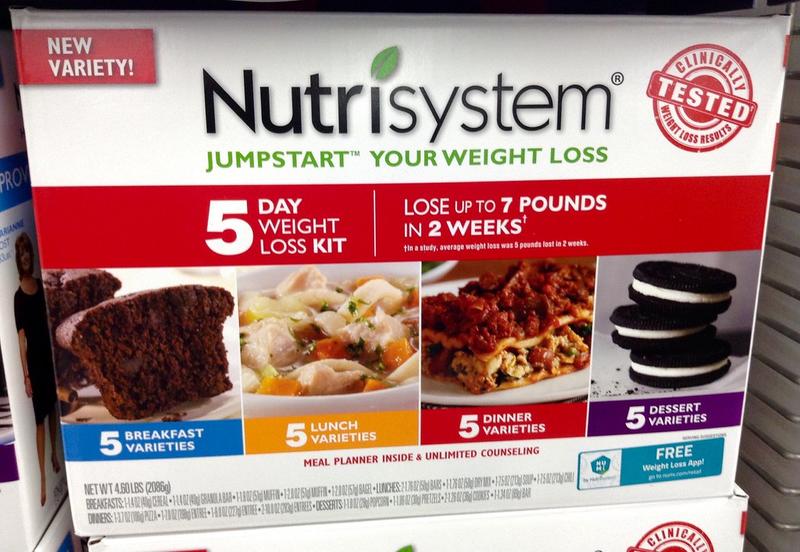
“Highly processed foods are also chemically treated with additives or preservatives to improve their taste, texture or to extend shelf-life. An easy way to identify any processed food is to take a look at the label; if there is a laundry list of ingredients with unrecognizable, complicated names it is safe to say it’s processed food,” says Kenneth Brown, MD, a board-certified gastroenterologist.
The Baby Food Diet
The baby food diet requires you to replace breakfast and lunch with a dozen jars of baby food. The diet isn’t dangerous, but your calorie consumption is extremely low. Also, it’s easy to go bananas or get bored with eating purées for a long period.
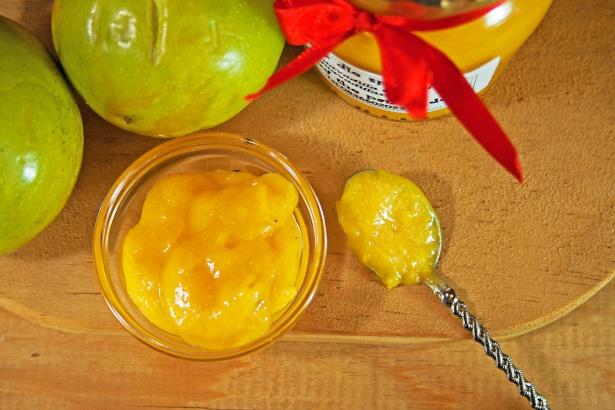
Registered dietitian Chrissy Carroll explains, “By swapping meals for baby food, people are promised quick weight loss. It’s tough to meet nutrient needs while eating mostly purées, though. Experts agree it’s best to leave those for the babies and focus on smaller portions of normal meals for sustainable weight loss.”
The Atkins Diet
Many medical professionals give the Atkins diet two thumbs down. “No nutritionist in her right mind would endorse a bonanza of high-fat, high-saturated fat foods like bacon, steak and cheese. It may take off the pounds, but it just doesn’t make good health sense, no matter what the early studies say,” explains registered dietitian Maureen Callahan.
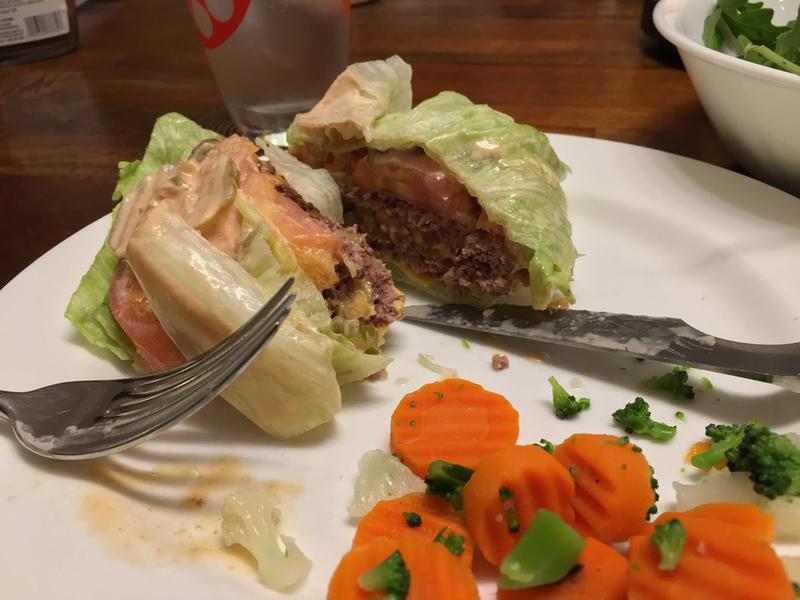
In the U.S., many dieters fear carbohydrates. They see carbs as the bad guys because they believe these macronutrients make them gain weight. Their solution was to create low-carb diets, like Atkins. The diet involves restricting carbohydrates and sugar but going heavy on the protein.
Paleo Diet
Celebrities like Jessica Biel follow the paleo diet, which is based on a hunter-gatherer diet. Appropriate foods in the paleo plan include meats, fish, fruits, vegetables, nuts and seeds. According to supporters, the human body wasn’t made to eat certain food groups, such as potatoes and refined sugar. The diet even bans beneficial foods like dairy, legumes and grains.
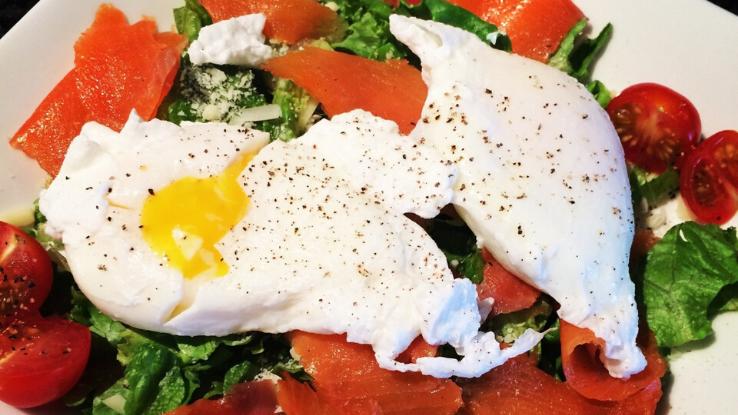
“Our ancestors ate this way and didn’t have many of the chronic diseases we do, but that doesn’t mean the food they ate is the reason why; drawing that conclusion would be like saying we live three times longer than our Paleolithic ancestors because we eat fast food,” explains Christopher Ochner, MD, a research associate at the New York Obesity Nutrition Research Center at St. Luke’s and Roosevelt Hospitals.
The Cold Water Diet
The cold water diet or ice water diet involves only drinking ice-cold water and eating very few fruits and vegetables. According to followers, the cold water helps your body burn extra calories because your body works harder to control its internal temperature.
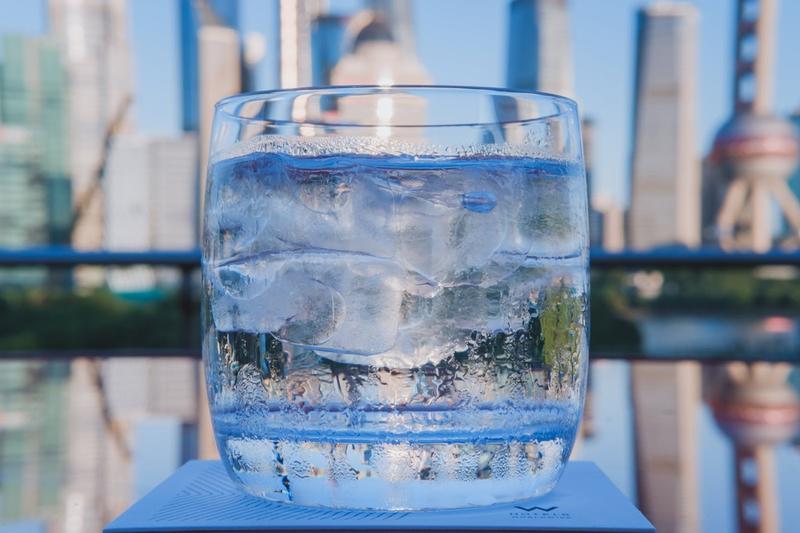
Your body does need water to remain healthy, but it’s not good to replace meals with just water. You lose more than you gain on the cold water diet — your body loses nutrients and muscle. Side effects from the program can include dizziness, fainting and headaches. As a result, experts ultimately advise people to skip this diet fad.
Raw Food Diet
“The raw food diet encourages people to eat only raw (never heated), unprocessed foods. While eating more produce is advantageous, experts say there’s no reason to avoid cooking it. This diet may put people at risk for food-borne illness if raw meat and dairy are consumed,” Carroll says.
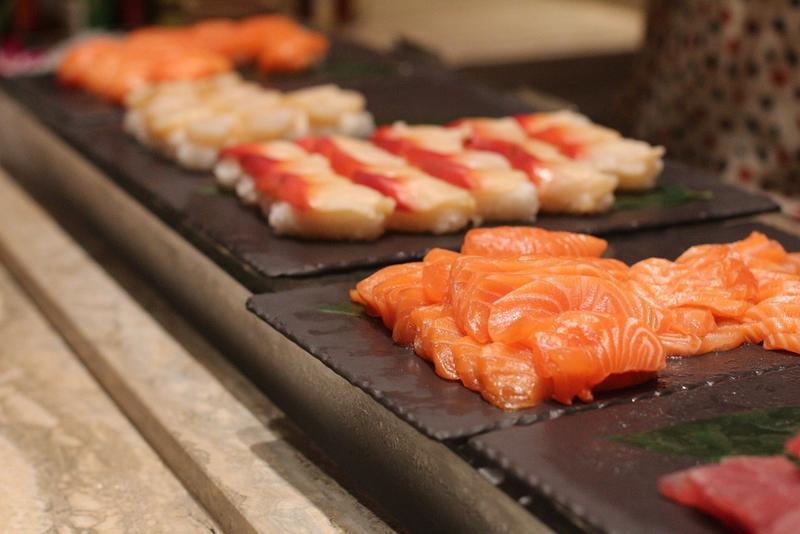
Supporters of the raw food diet don’t eat foods that are cooked, microwaved, processed, genetically engineered or exposed to radiation or pesticides. Sounds very restrictive, right? Cooking certain foods can actually be rewarding for your health; asparagus and mushrooms have more nutritional benefits when cooked.
The South Beach Diet
Another trendy low-carb program is the South Beach Diet, which requires dieters to consume lots of protein, healthy fats and low-glycemic carbs. Supporters say these foods will maintain your blood sugar level and stop intense cravings. In the first week, you can lose 13 pounds.
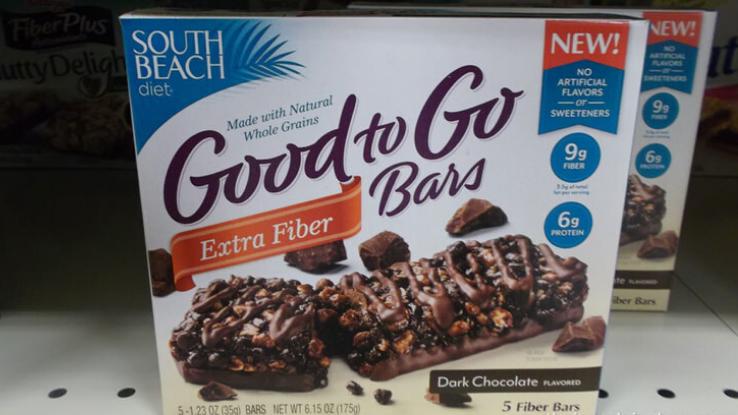
The results sound exciting, but experts and studies show the diet is a flop. “The problem with it, of course, is that there is no data on the long-term results on whether it keeps weight off,” explains John Foreyt, PhD, a weight-loss researcher at Baylor College of Medicine.
The SlimFast Diet
Originally, the SlimFast diet called for drinking its pre-made shakes alone. The diet has changed since then. Now, dieters can replace their meals with more than just shakes. People can also eat SlimFast bars and snacks. According to nutrition experts, the diet hasn’t really changed for the better.
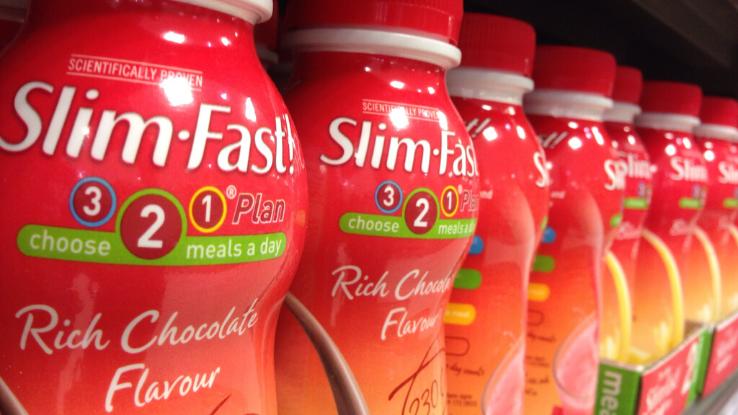
Plowe says, “Diets that promote eating bars and shakes instead of real foods aren’t sustainable and often aren’t healthy. You might lose weight, but replacing your meals with highly processed meal replacements won’t deliver long-lasting, satiating results.”
The Cookie Diet
The Hollywood Cookie Diet sounds strange yet delicious. But it’s not what you may think. The fad involves eating high-protein and high-fiber weight-loss cookies — not chocolate chip or peanut butter cookies. For breakfast and lunch, you’ll eat the cookies. For dinner, you can eat a normal meal, but you can only consume up to 1,200 calories per day.
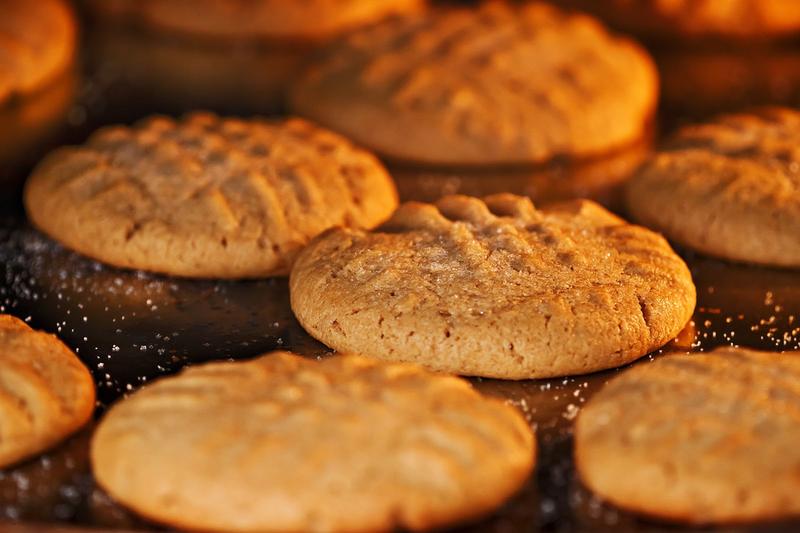
In 1975, the cookie diet was created and grew in popularity. It became trendy again in 2009 thanks to celebrities like Kim Kardashian West and Kelly Clarkson. Nutrition experts say the cookie diet is unhealthy because you’re prone to binge eat after depriving yourself all day.
The Tapeworm Diet
Some people think swallowing a tapeworm is a good idea, but most people will disagree, especially doctors and nutrition experts. For decades, ingesting these parasitic worms has been a real weight-loss fad. Supporters promote the scheme as easy. You just swallow tapeworm eggs and the tapeworm eats the food you consume.
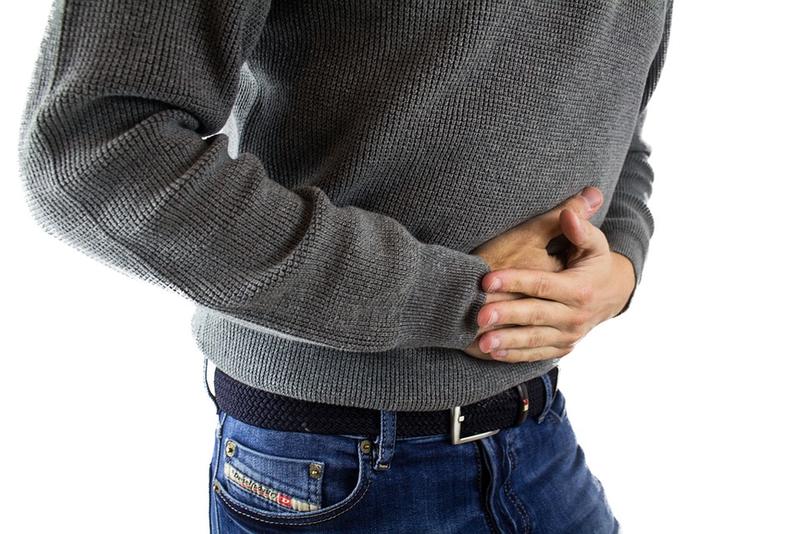
However, the tapeworm diet is far from safe and simple. Getting rid of the worm may be difficult because the eggs can spread to other parts of your body. “Ingesting tapeworms is extremely risky and can cause a wide range of undesirable side effects, including rare deaths,” warns Dr. Patricia Quinlisk, medical director of the Iowa Department of Public Health.
Fasting
Many people temporarily fast for cultural and religious reasons. However, some people fast to shed pounds. Experts say fasting for weight loss actually defeats the purpose. When your body is starved for a long period of time, it changes your metabolism.
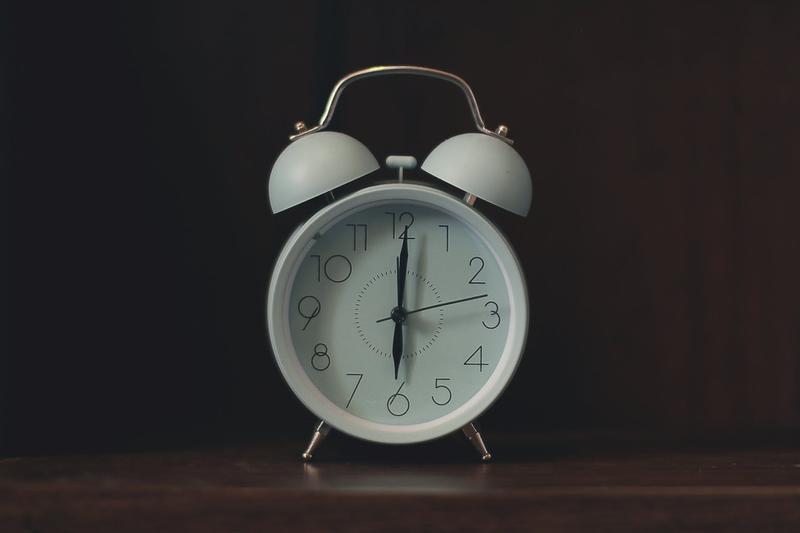
Unfortunately, your metabolism won’t readjust when you return to normal eating. “Many experts agree food restriction is not sustainable and frequent fasting could lead to social isolation or binge eating,” says Willow Jarosh, MS, RD and author of the “Healthy, Happy Pregnancy Cookbook.“





